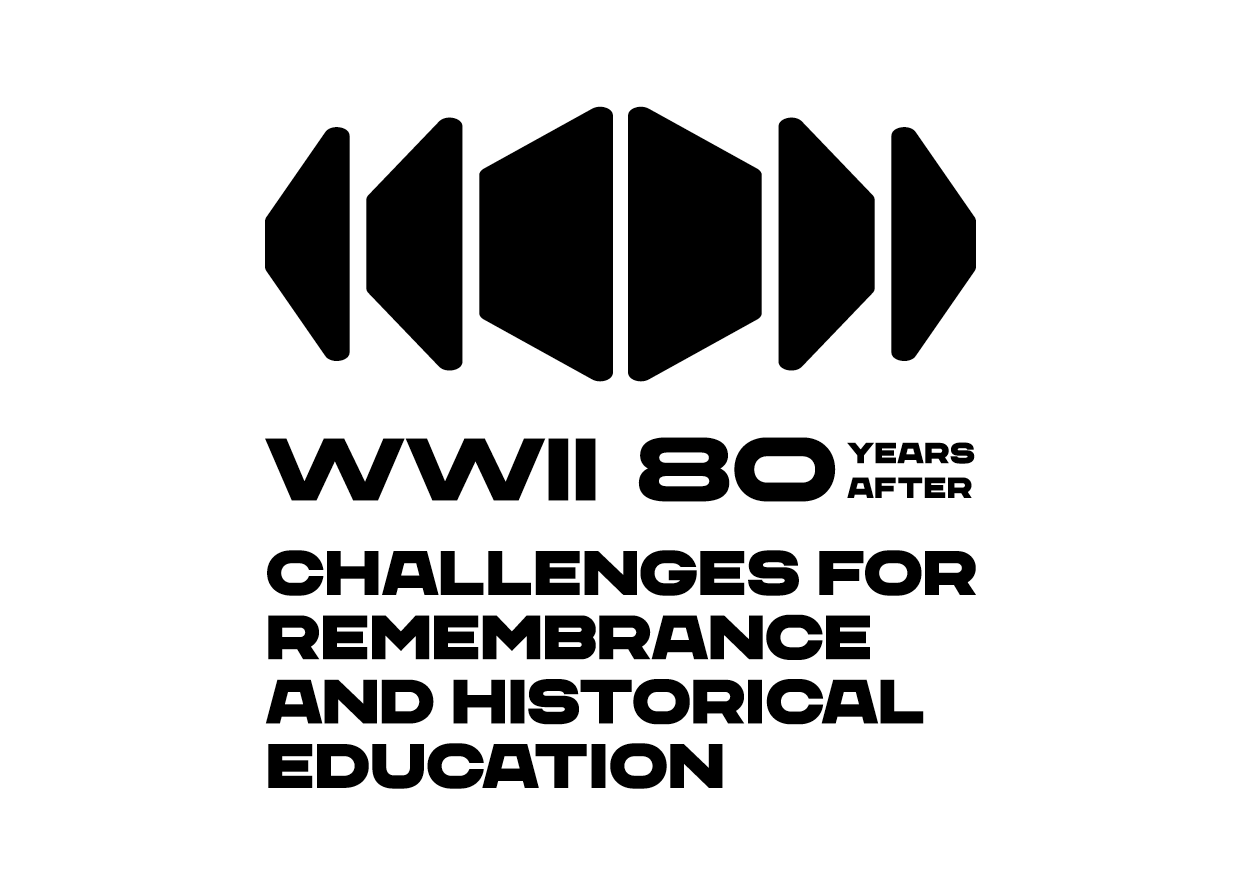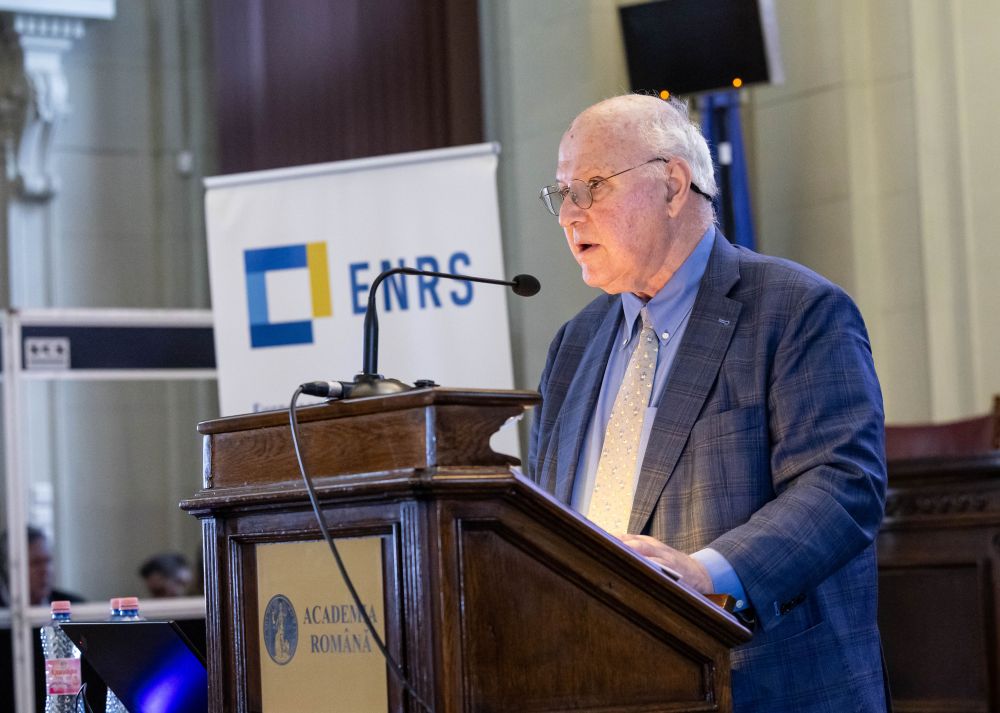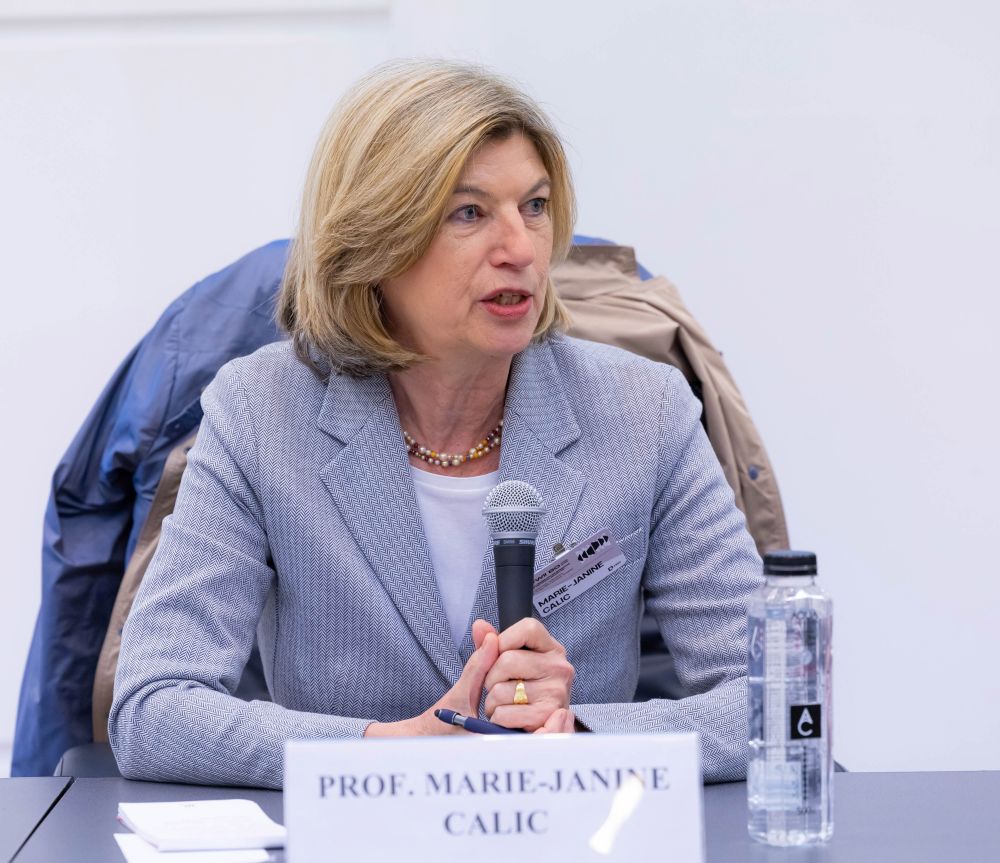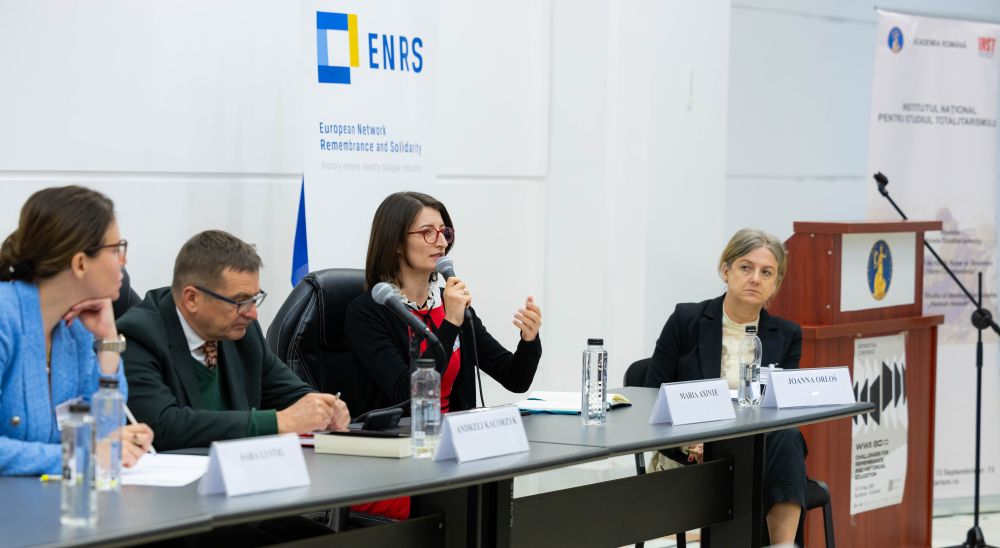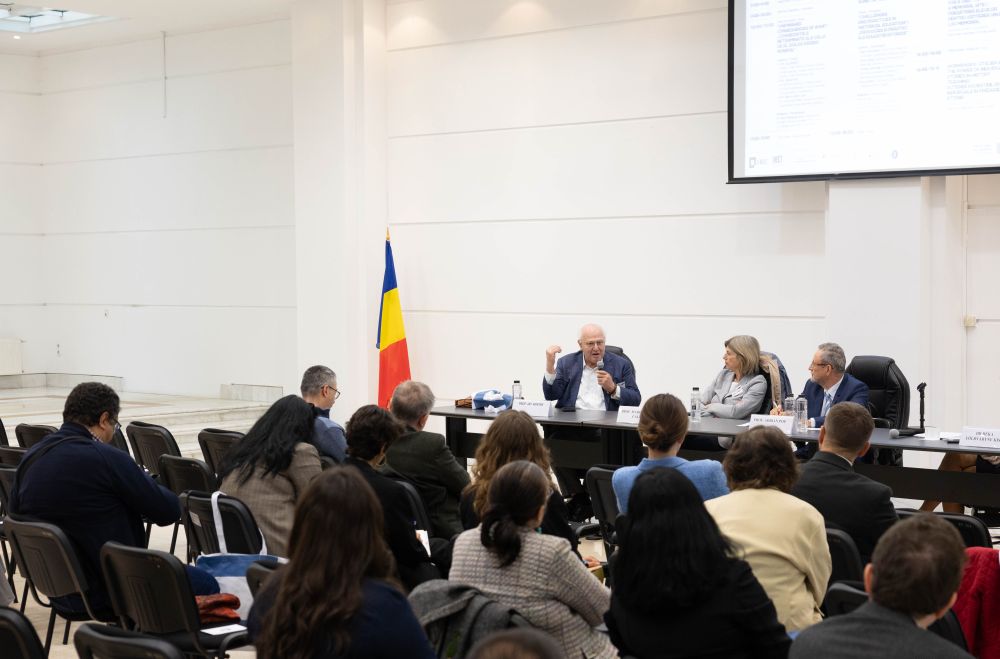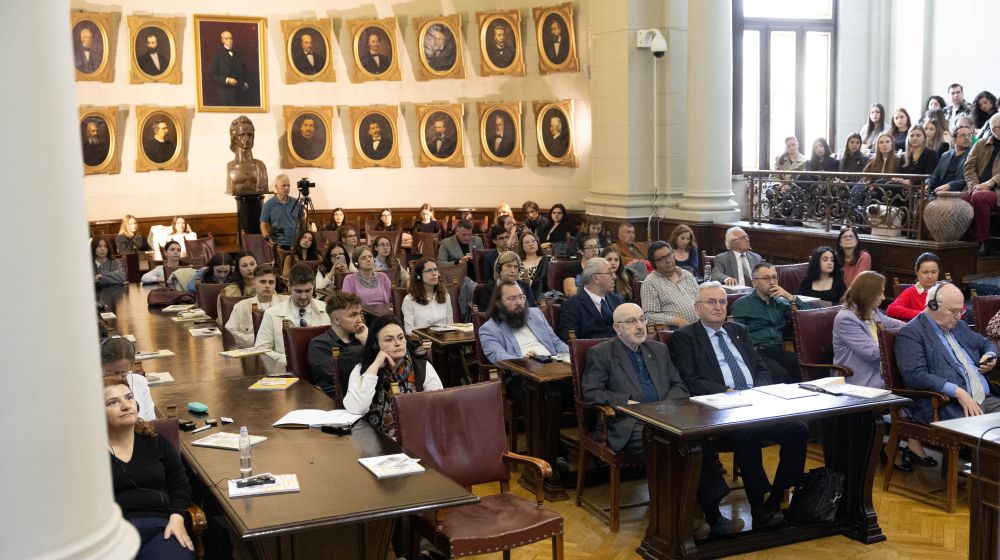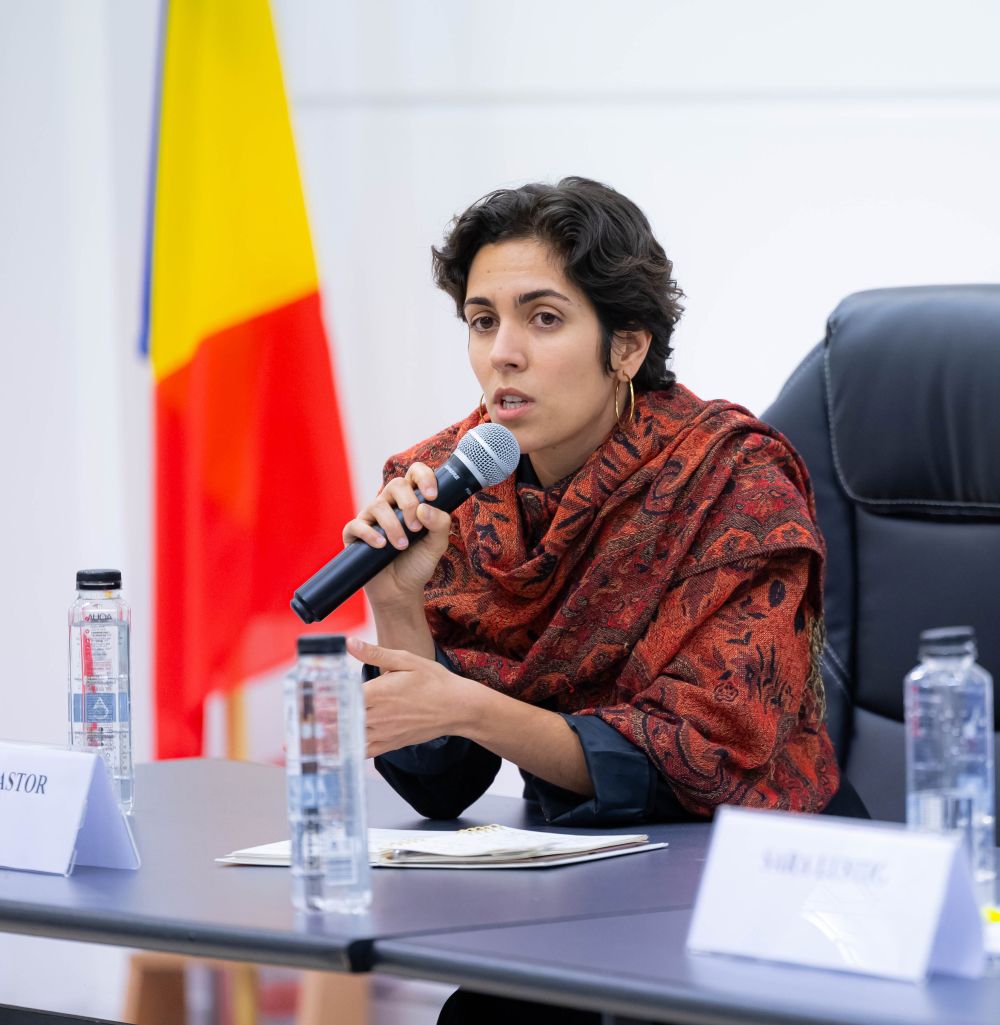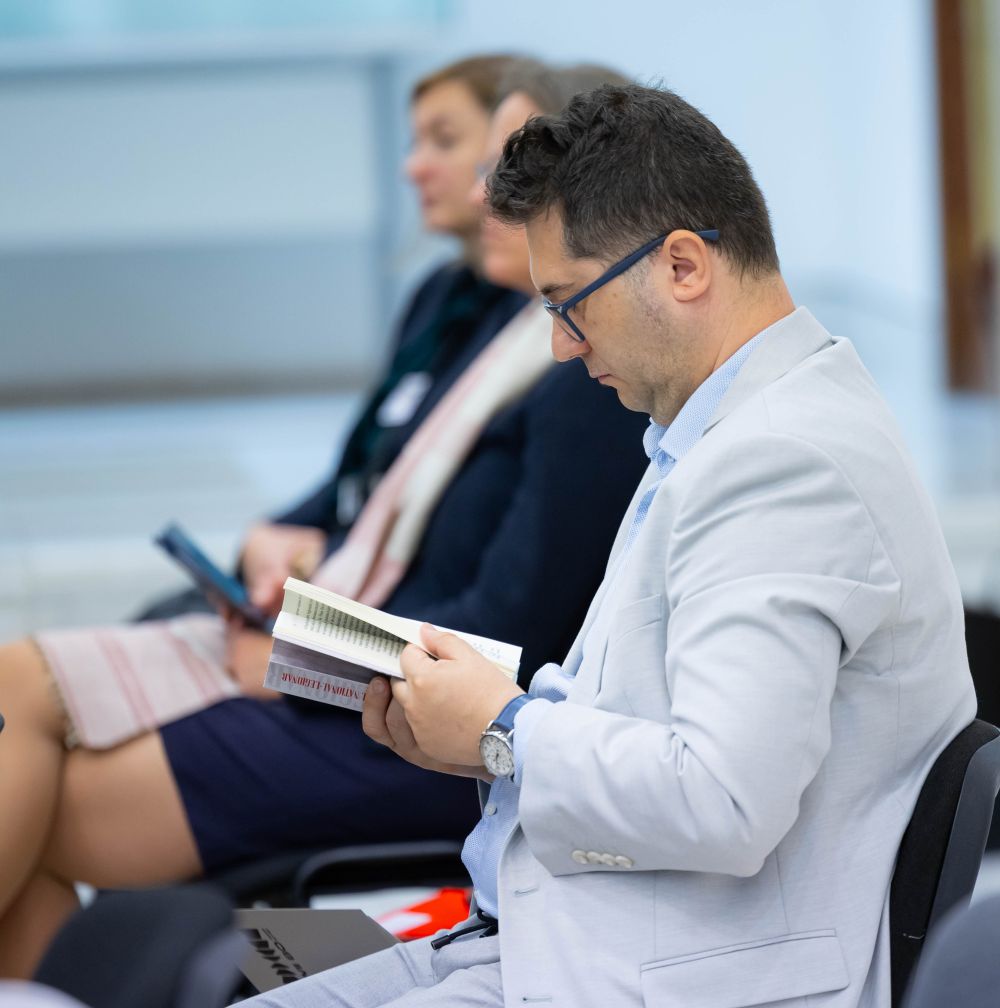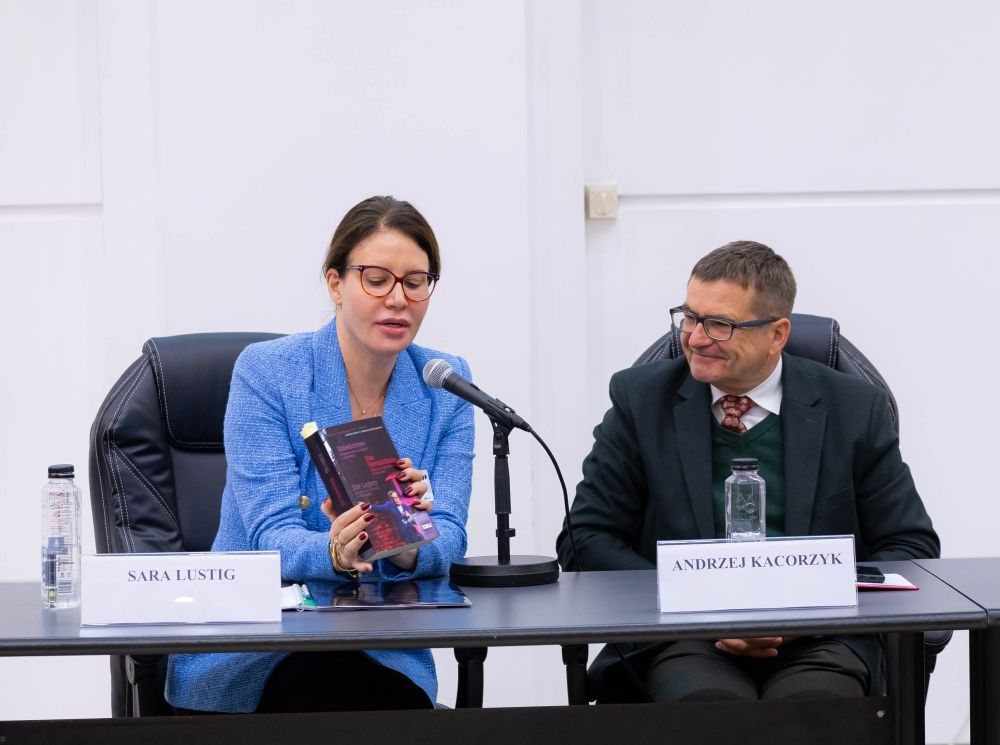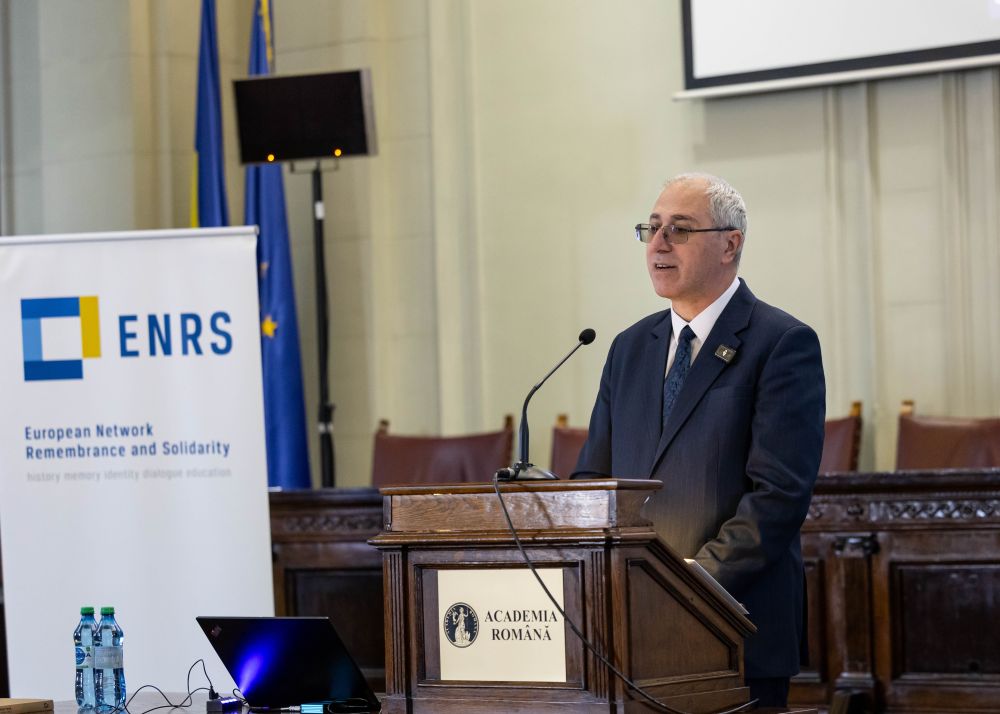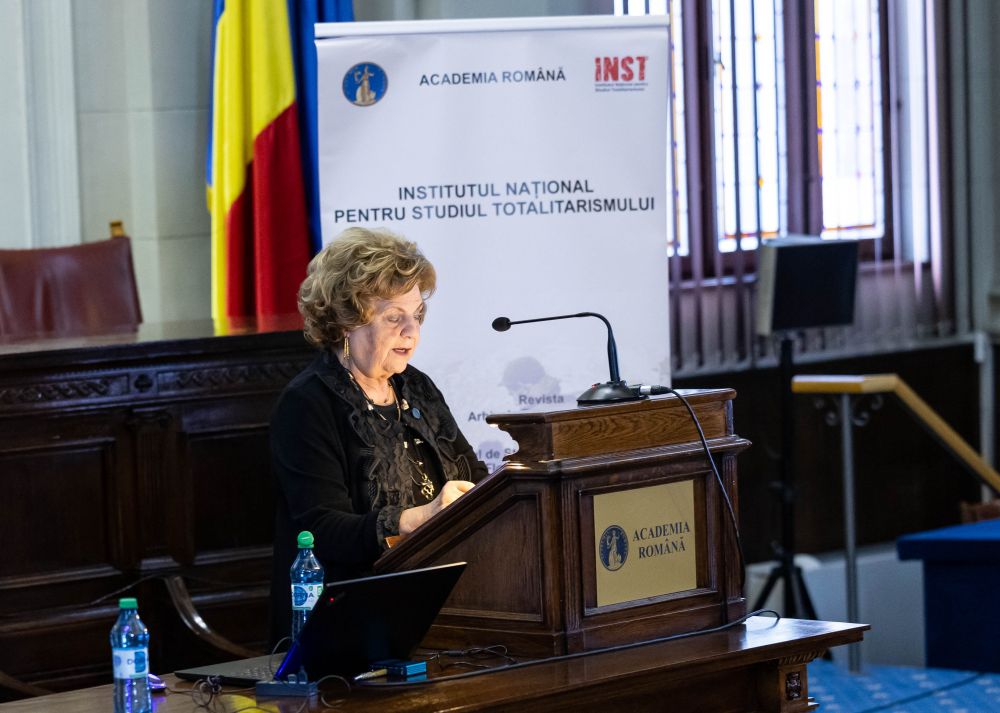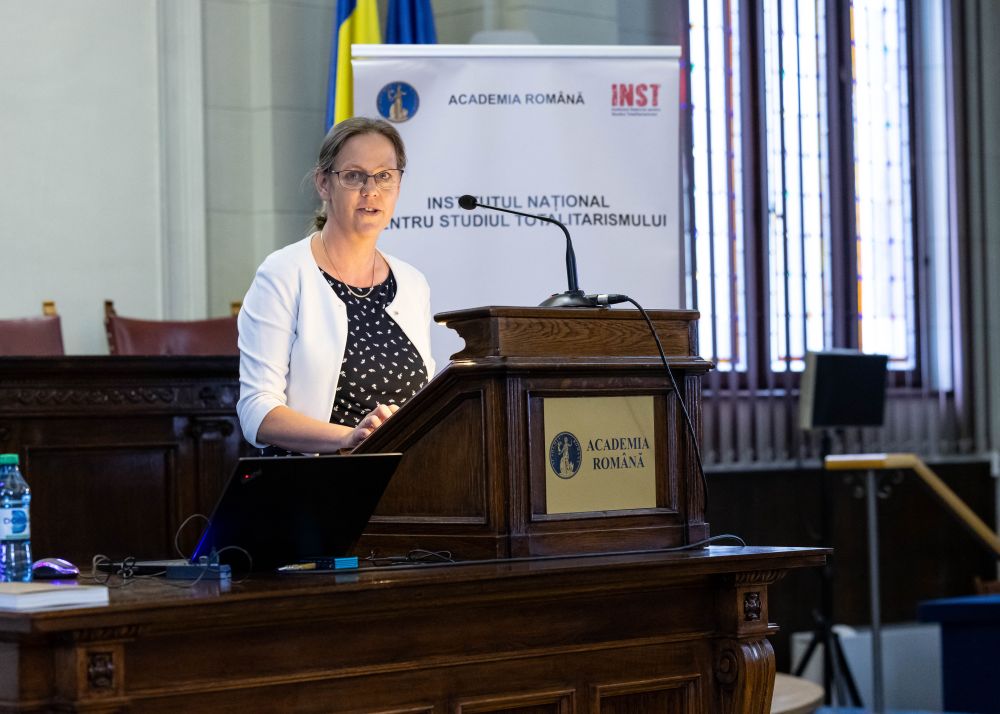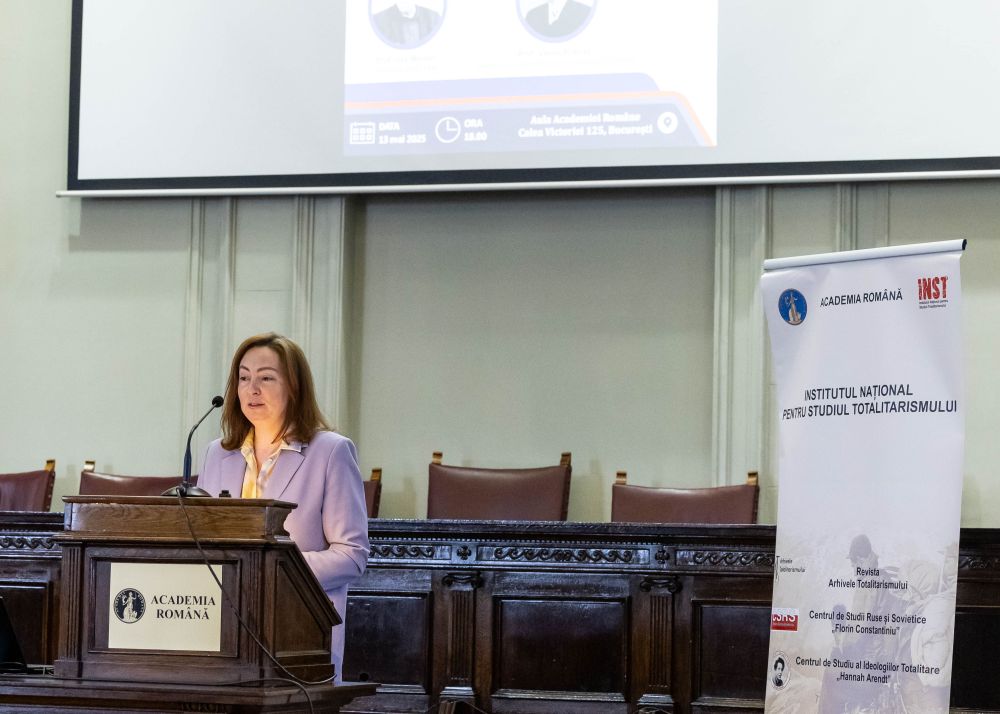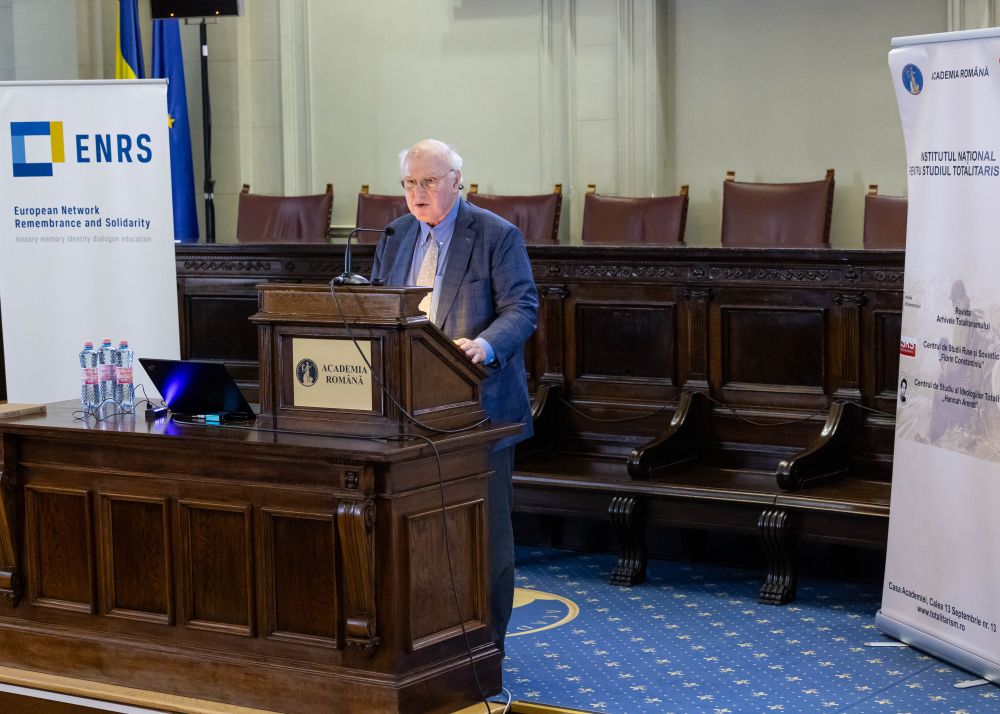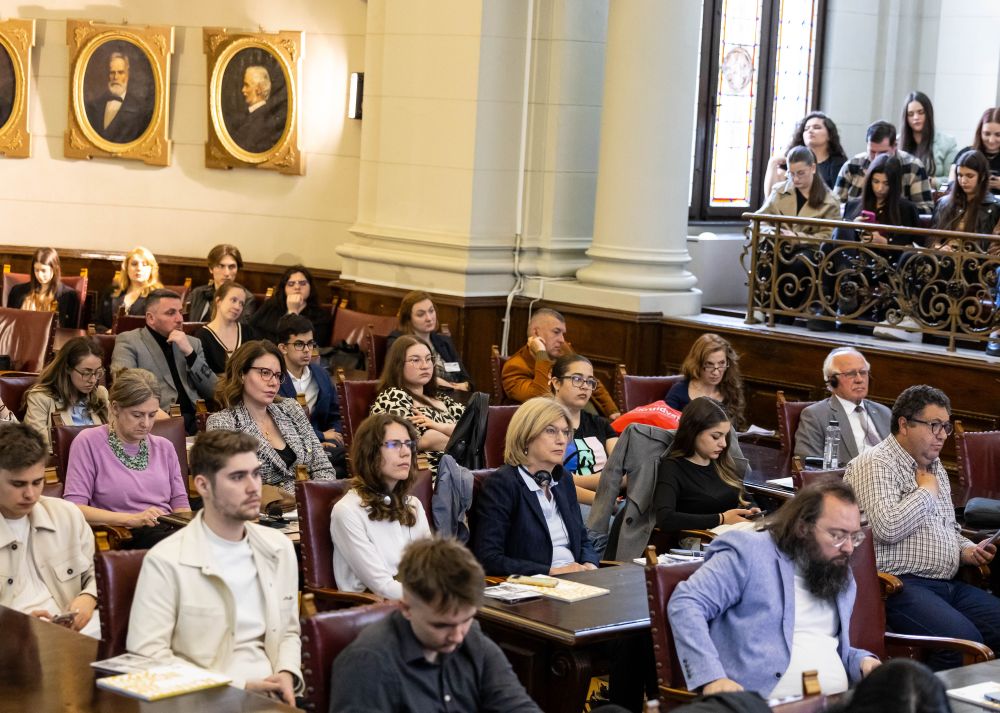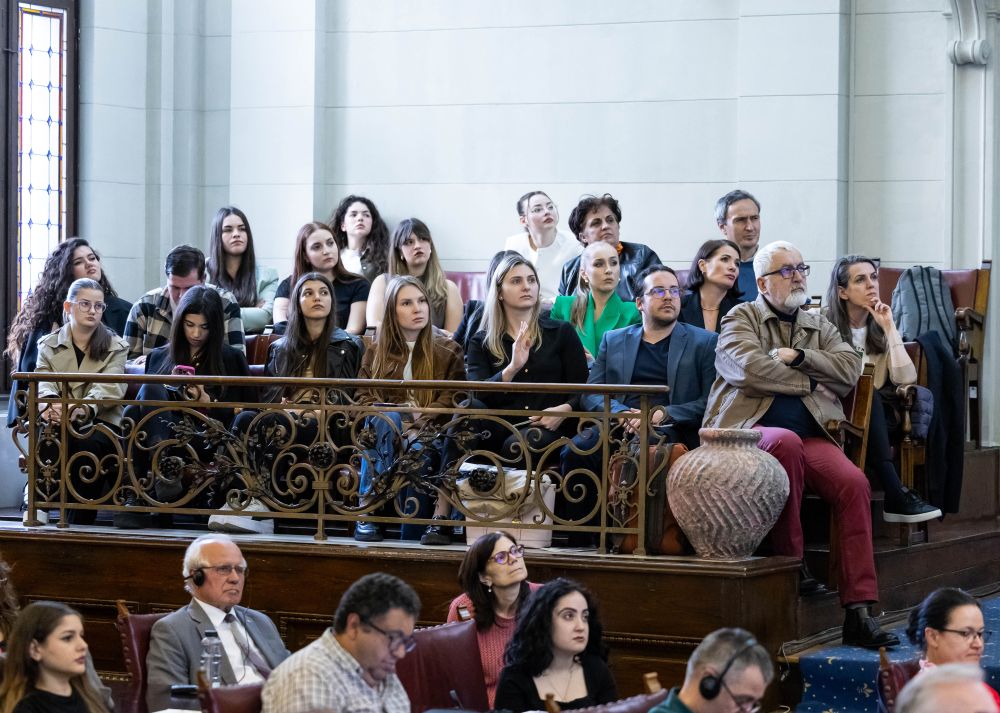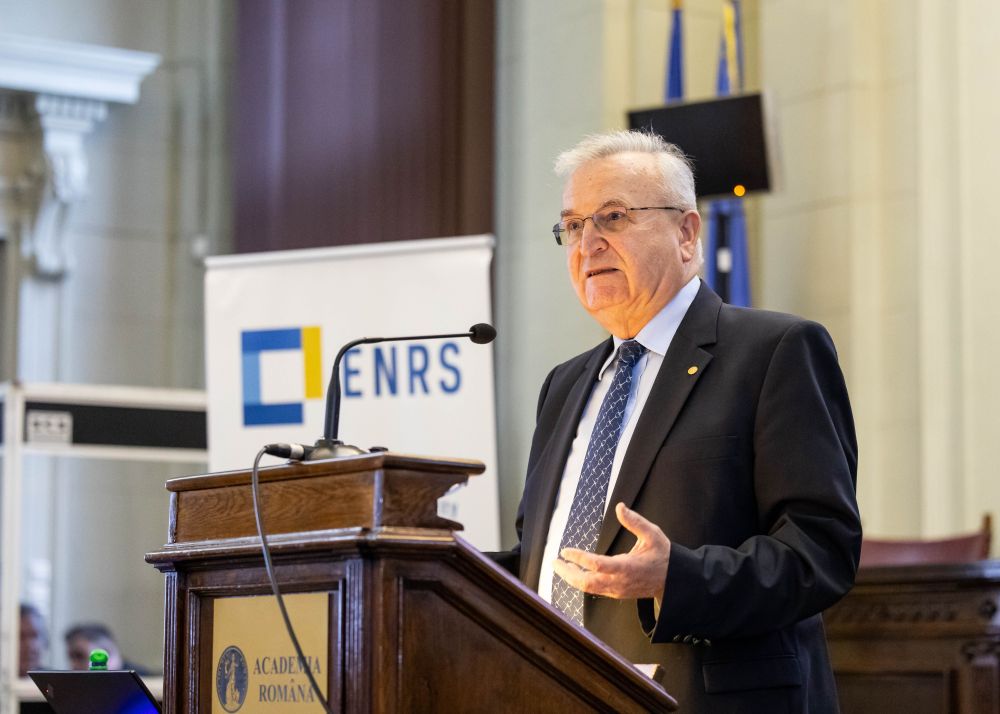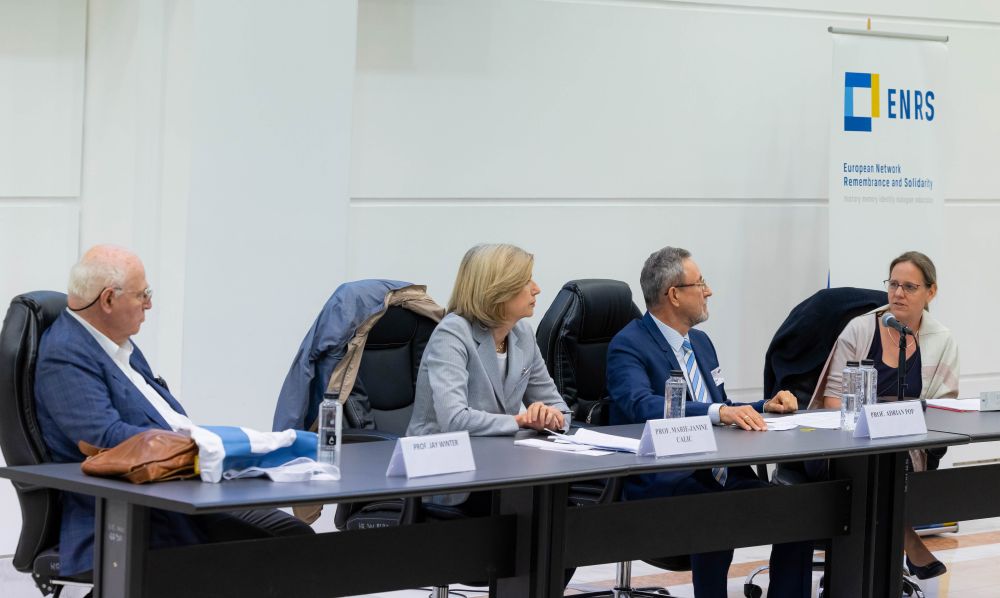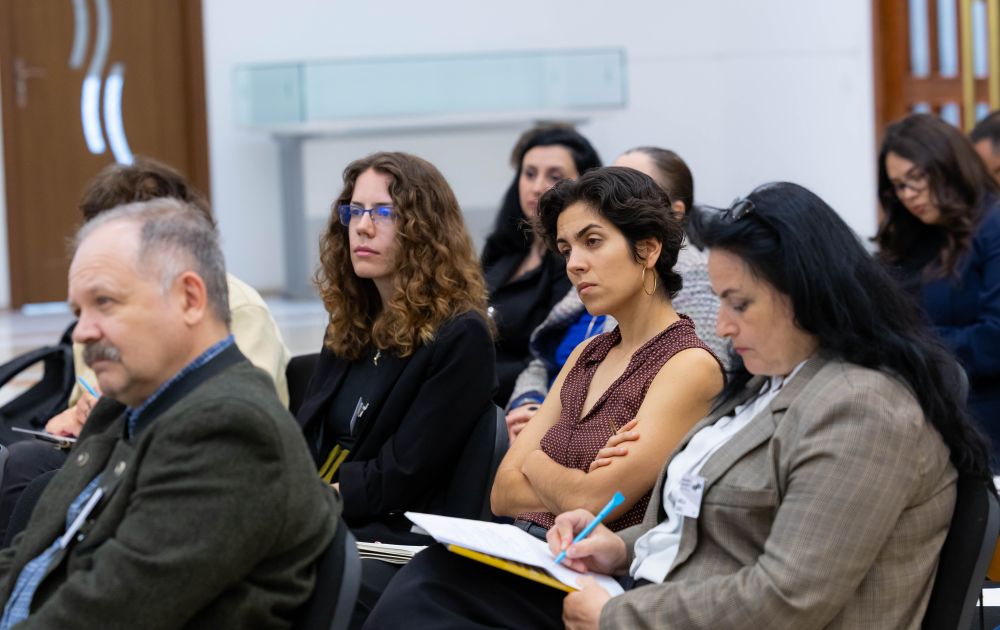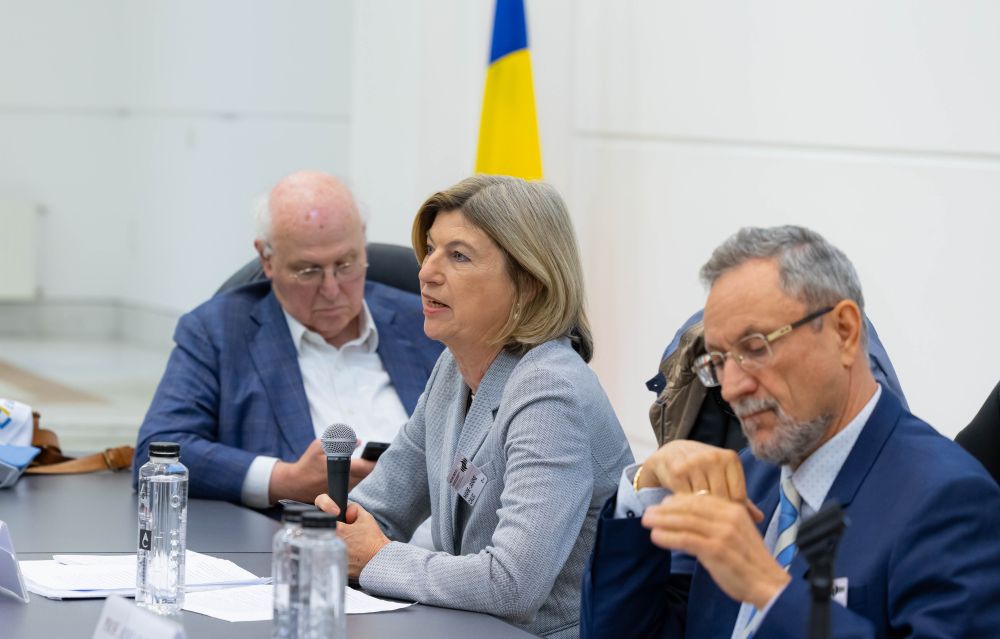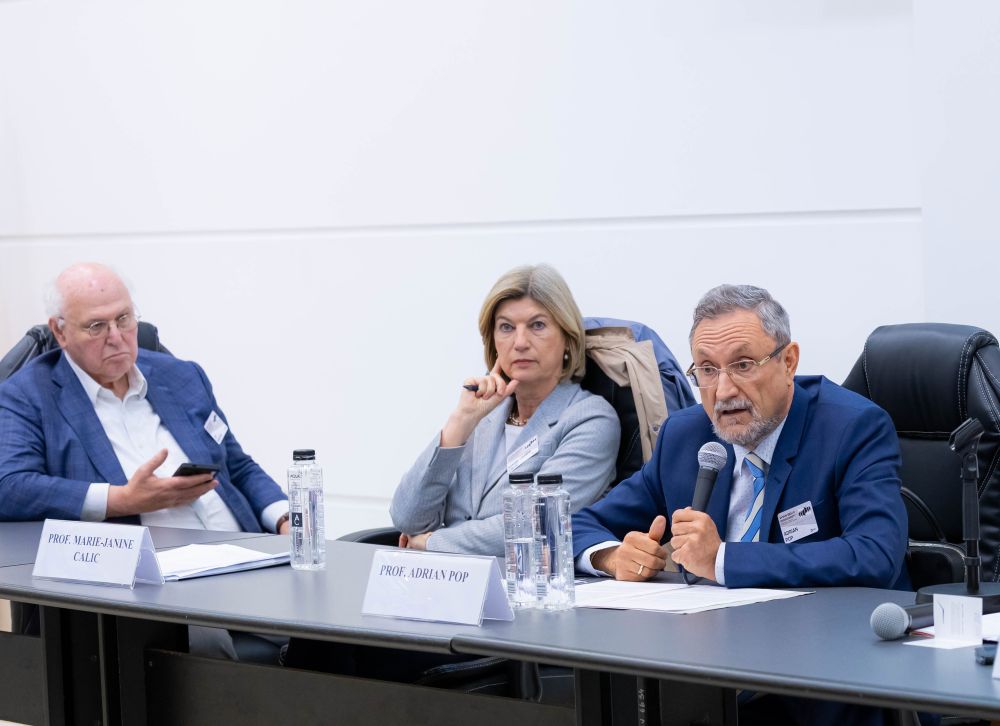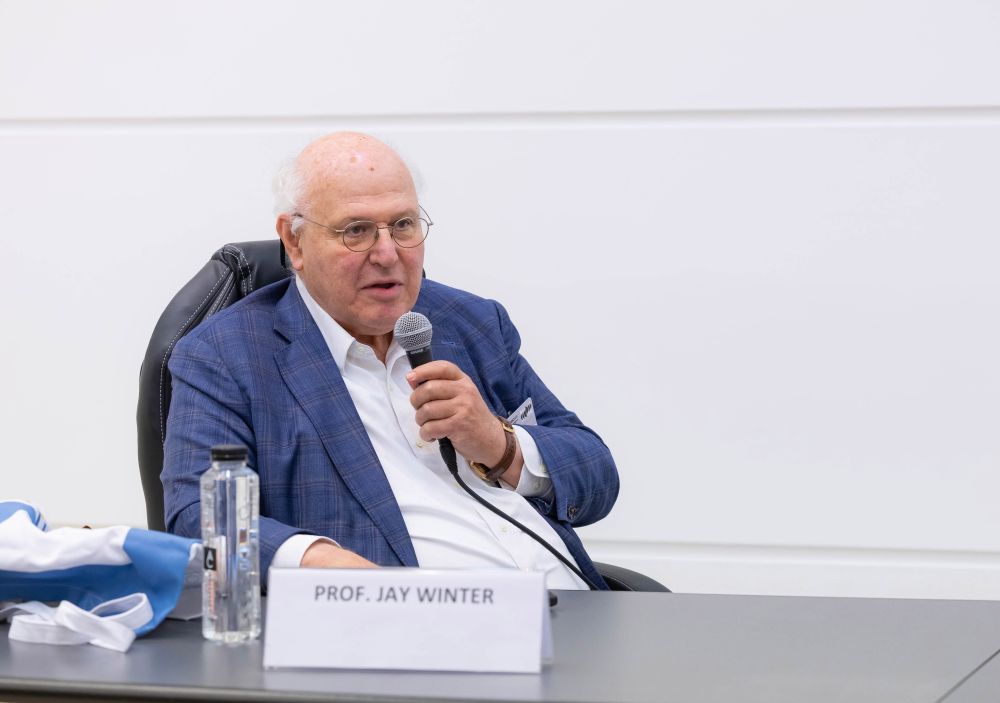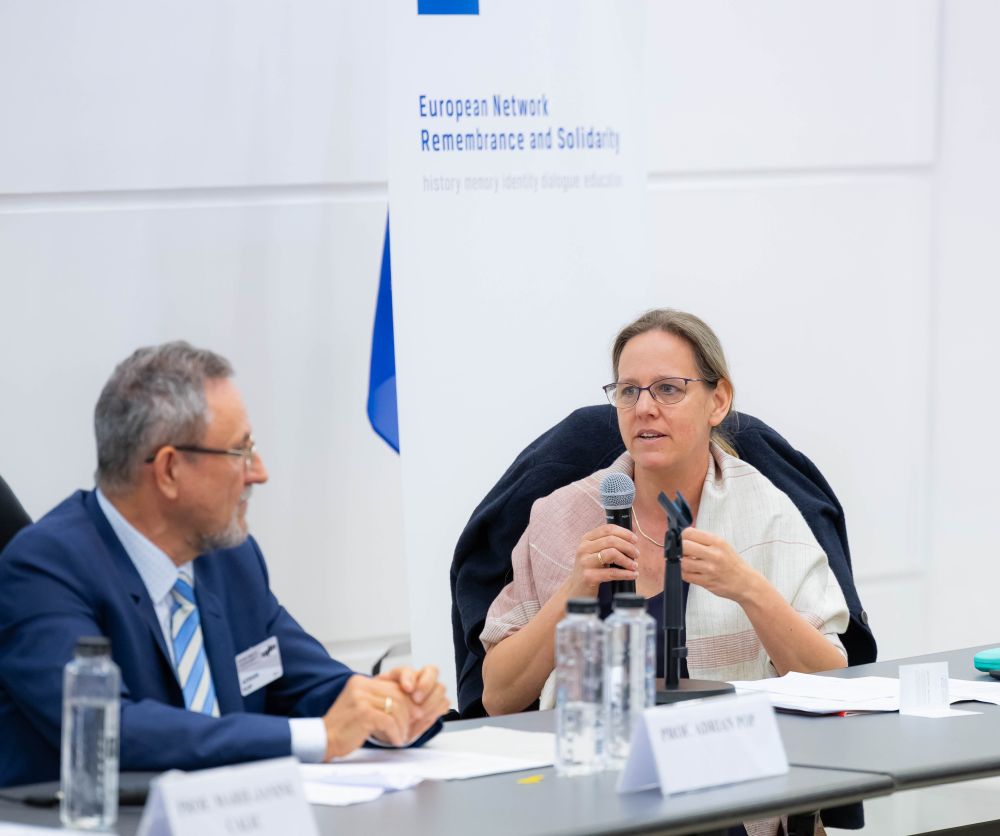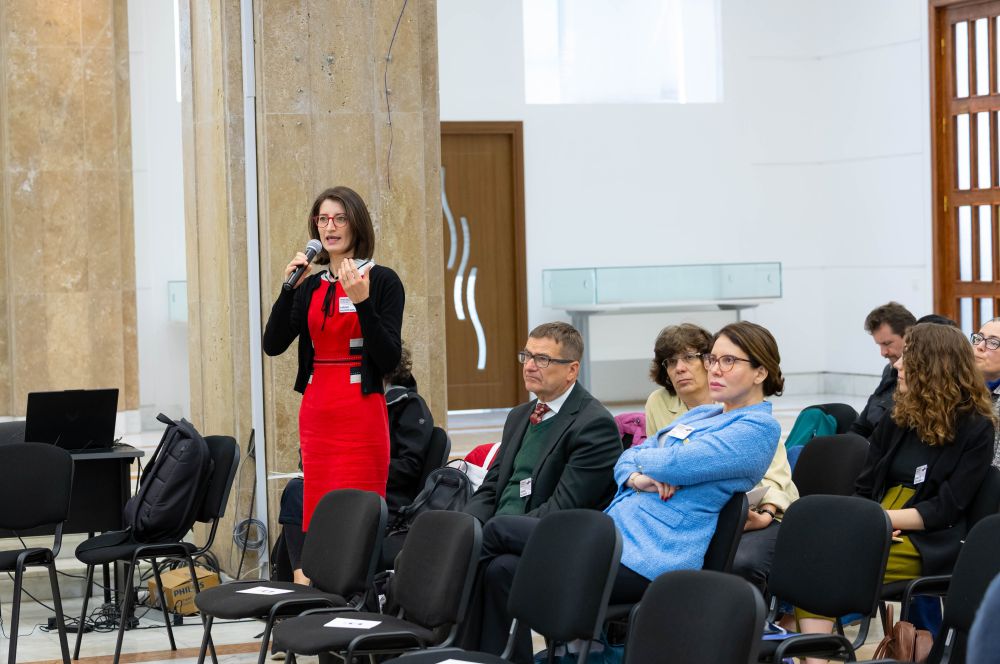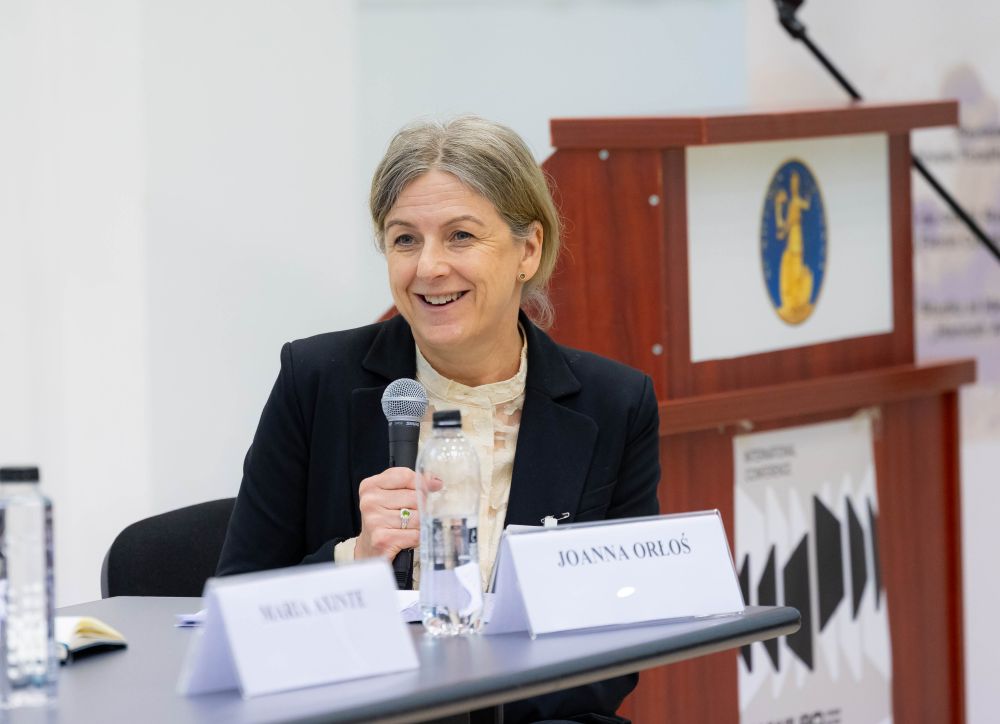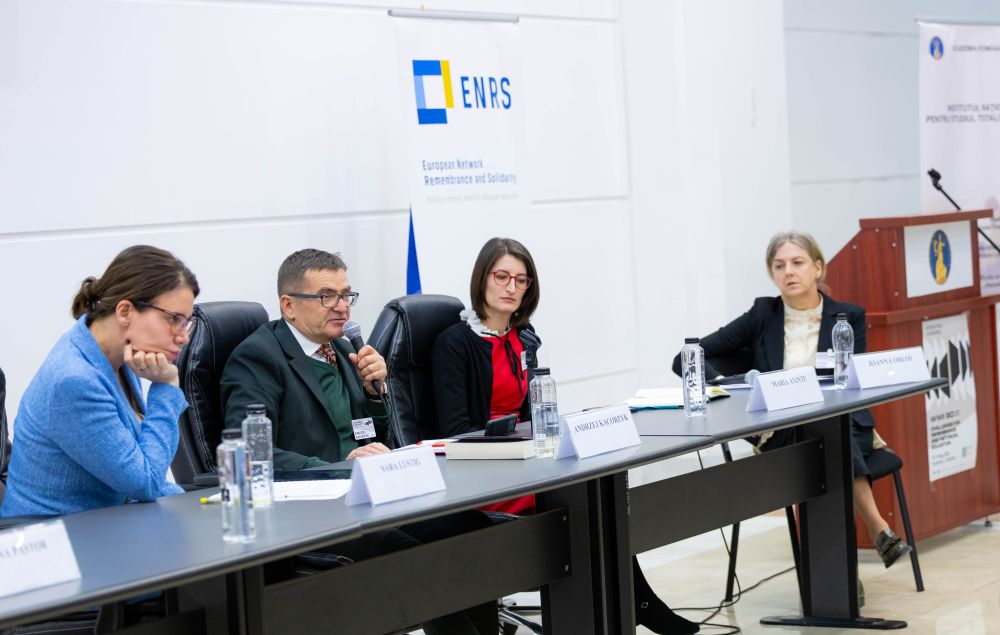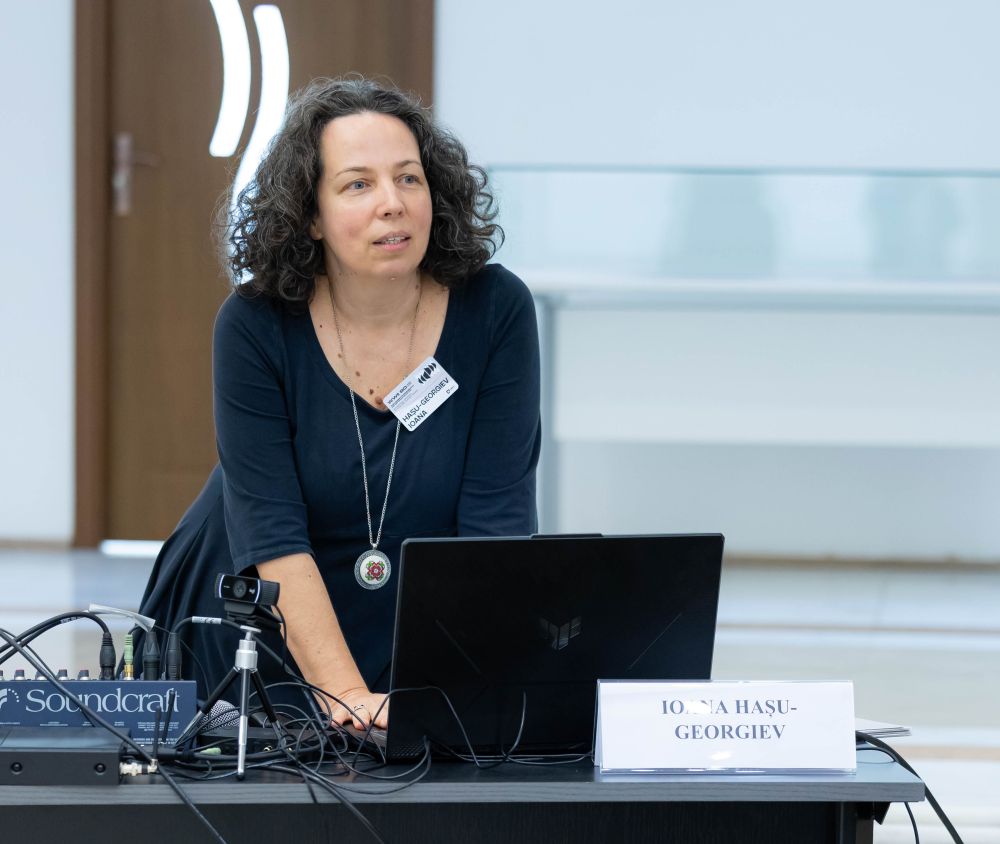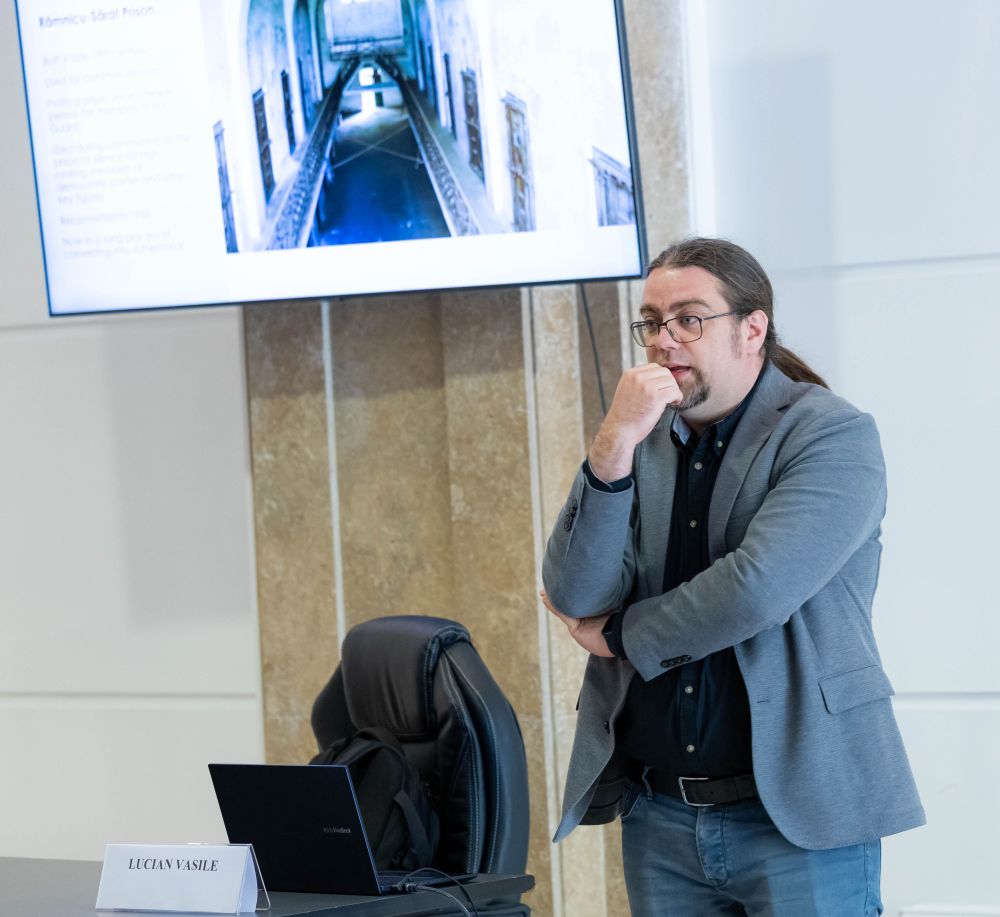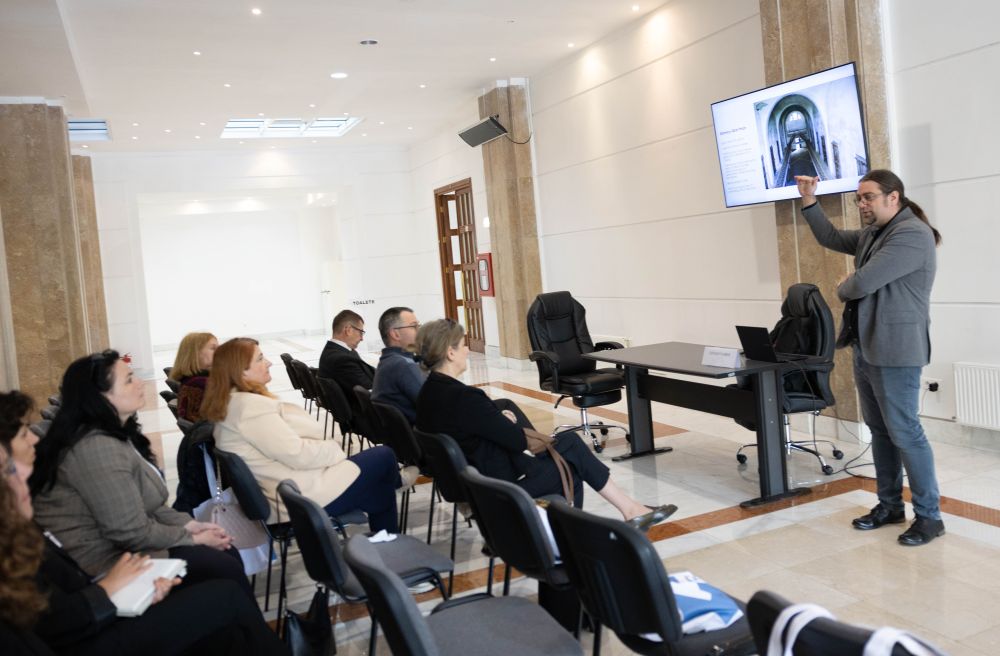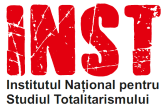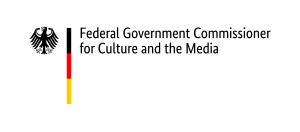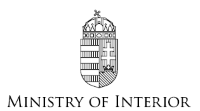13—14 May 2025
Bucharest, Romania
Eighty years after the end of World War II, the ways in which we remember and teach about the war continue to evolve. As direct witnesses of history become fewer, the responsibility to engage younger generations with the lessons of the past grows ever more urgent.
This two-day event will bring together leading academics, practitioners, and representatives from memorial sites to discuss the unfinished consequences of World War II and the contemporary challenges of remembrance and historical education. Through keynote lectures, panel discussions, film screening, and interactive workshops, participants will explore effective strategies for teaching about World War II, particularly in relation to difficult and traumatic histories. The program will also consider the divergent narratives that have shaped memory cultures across Europe, reflecting on how they influence public understanding of the war and its aftermath today.
As part of the international information campaign ‘WWII – 80 Years After’, organized by the European Network Remembrance and Solidarity (ENRS), this event will serve as a platform for critical dialogue on how to ensure that the memory of World War II remains relevant for future generations. It will also provide a space for professionals to share best practices in engaging students and the wider public with this pivotal chapter of history.
The conference will feature a keynote session addressing the complexities of shared trauma and diverging historical narratives, followed by discussions on the ongoing consequences of the war. Additionally, a special film screening and a debate will highlight innovative educational approaches, while hands-on workshops will equip educators with practical tools to prepare students for visits to memorial sites and to harness the power of personal stories in history teaching.
The event will take place in Bucharest, Romania, with sessions hosted at the Romanian Academy Hall (Calea Victoriei 125) and the Academy House (Calea 13 Septembrie no. 13). Participants will also have the opportunity to take part in an optional historical tour of Bucharest, further deepening their engagement with the city’s layered past.
Bucharest, Romania
Eighty years after the end of World War II, the ways in which we remember and teach about the war continue to evolve. As direct witnesses of history become fewer, the responsibility to engage younger generations with the lessons of the past grows ever more urgent.
This two-day event will bring together leading academics, practitioners, and representatives from memorial sites to discuss the unfinished consequences of World War II and the contemporary challenges of remembrance and historical education. Through keynote lectures, panel discussions, film screening, and interactive workshops, participants will explore effective strategies for teaching about World War II, particularly in relation to difficult and traumatic histories. The program will also consider the divergent narratives that have shaped memory cultures across Europe, reflecting on how they influence public understanding of the war and its aftermath today.
As part of the international information campaign ‘WWII – 80 Years After’, organized by the European Network Remembrance and Solidarity (ENRS), this event will serve as a platform for critical dialogue on how to ensure that the memory of World War II remains relevant for future generations. It will also provide a space for professionals to share best practices in engaging students and the wider public with this pivotal chapter of history.
The conference will feature a keynote session addressing the complexities of shared trauma and diverging historical narratives, followed by discussions on the ongoing consequences of the war. Additionally, a special film screening and a debate will highlight innovative educational approaches, while hands-on workshops will equip educators with practical tools to prepare students for visits to memorial sites and to harness the power of personal stories in history teaching.
The event will take place in Bucharest, Romania, with sessions hosted at the Romanian Academy Hall (Calea Victoriei 125) and the Academy House (Calea 13 Septembrie no. 13). Participants will also have the opportunity to take part in an optional historical tour of Bucharest, further deepening their engagement with the city’s layered past.

